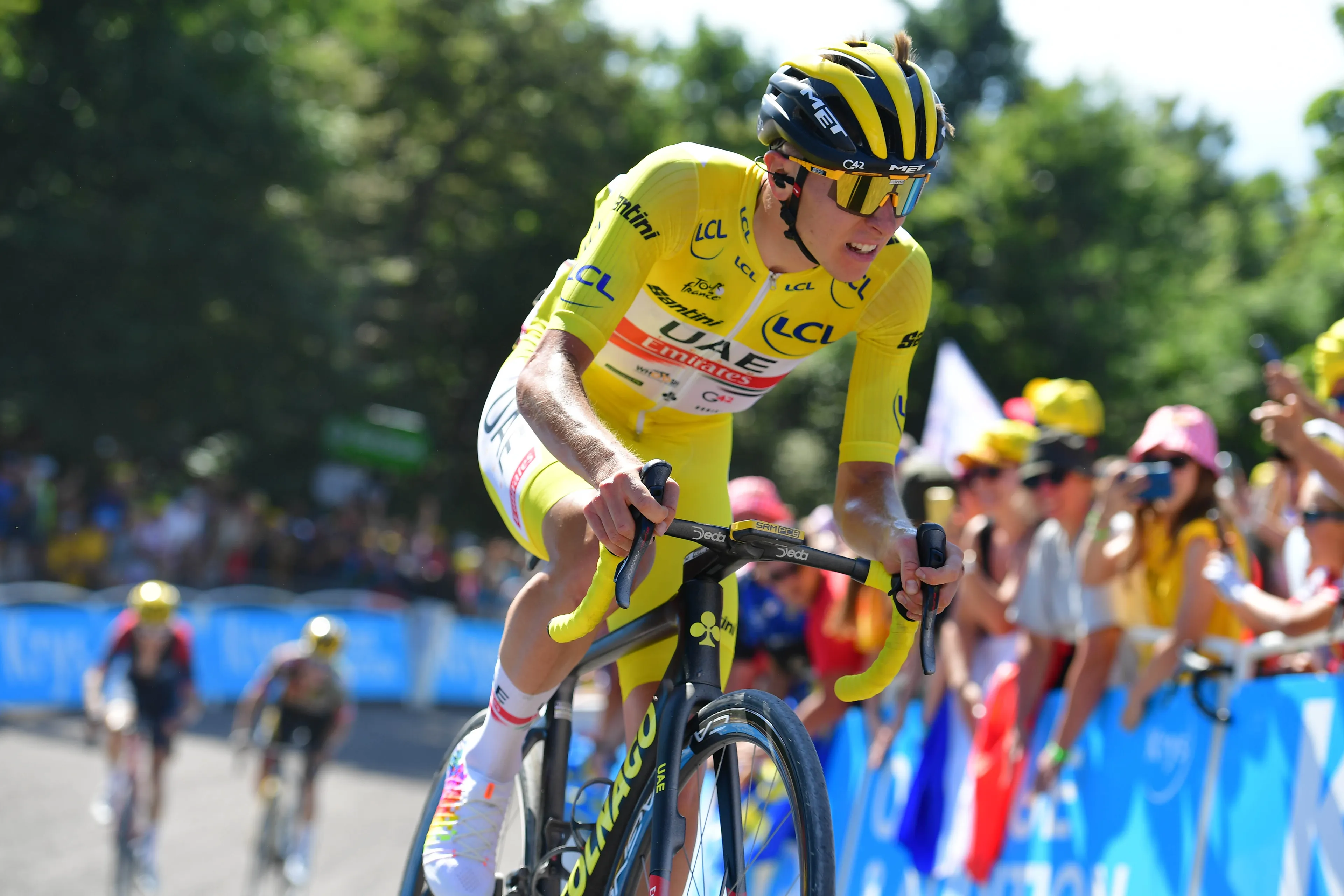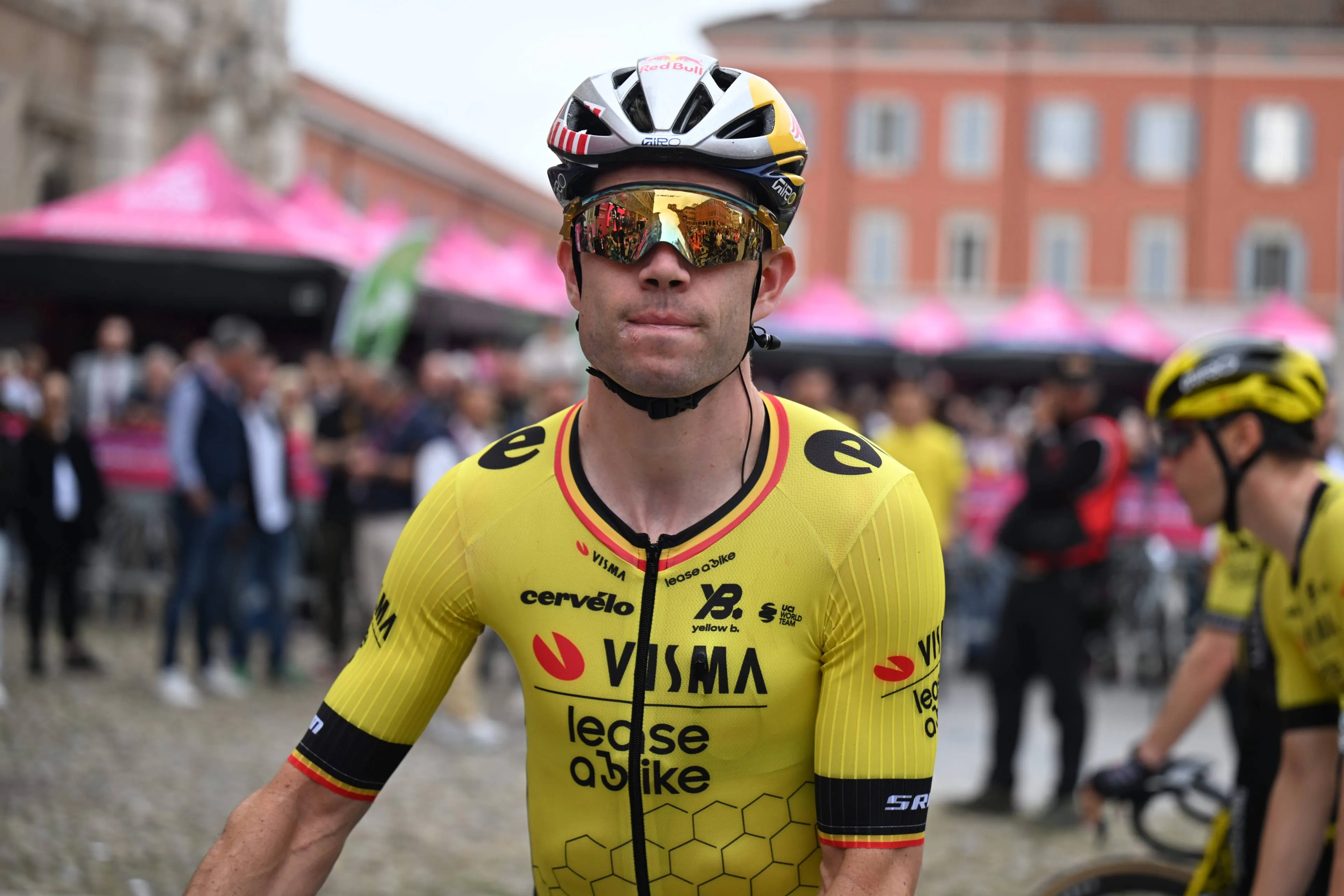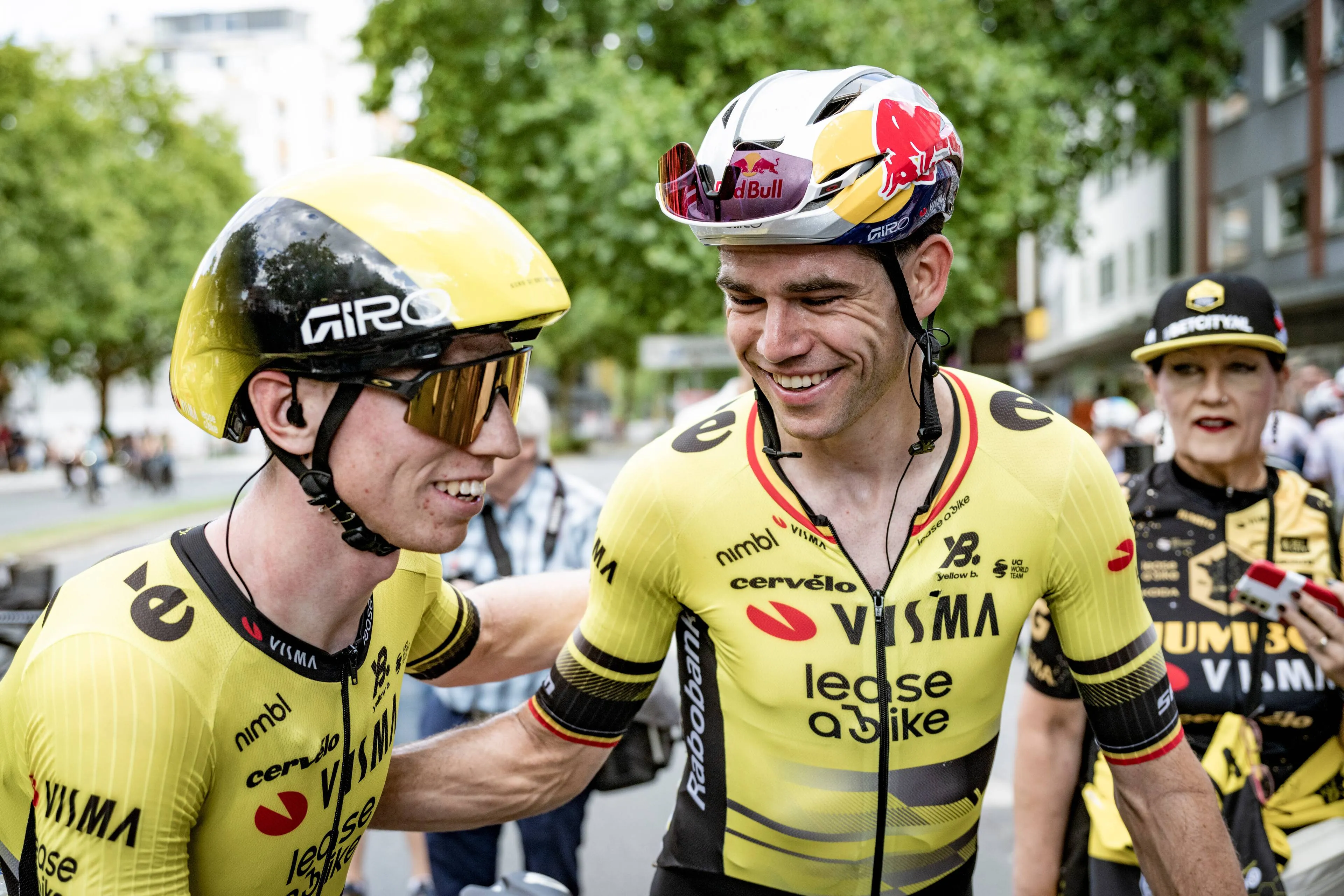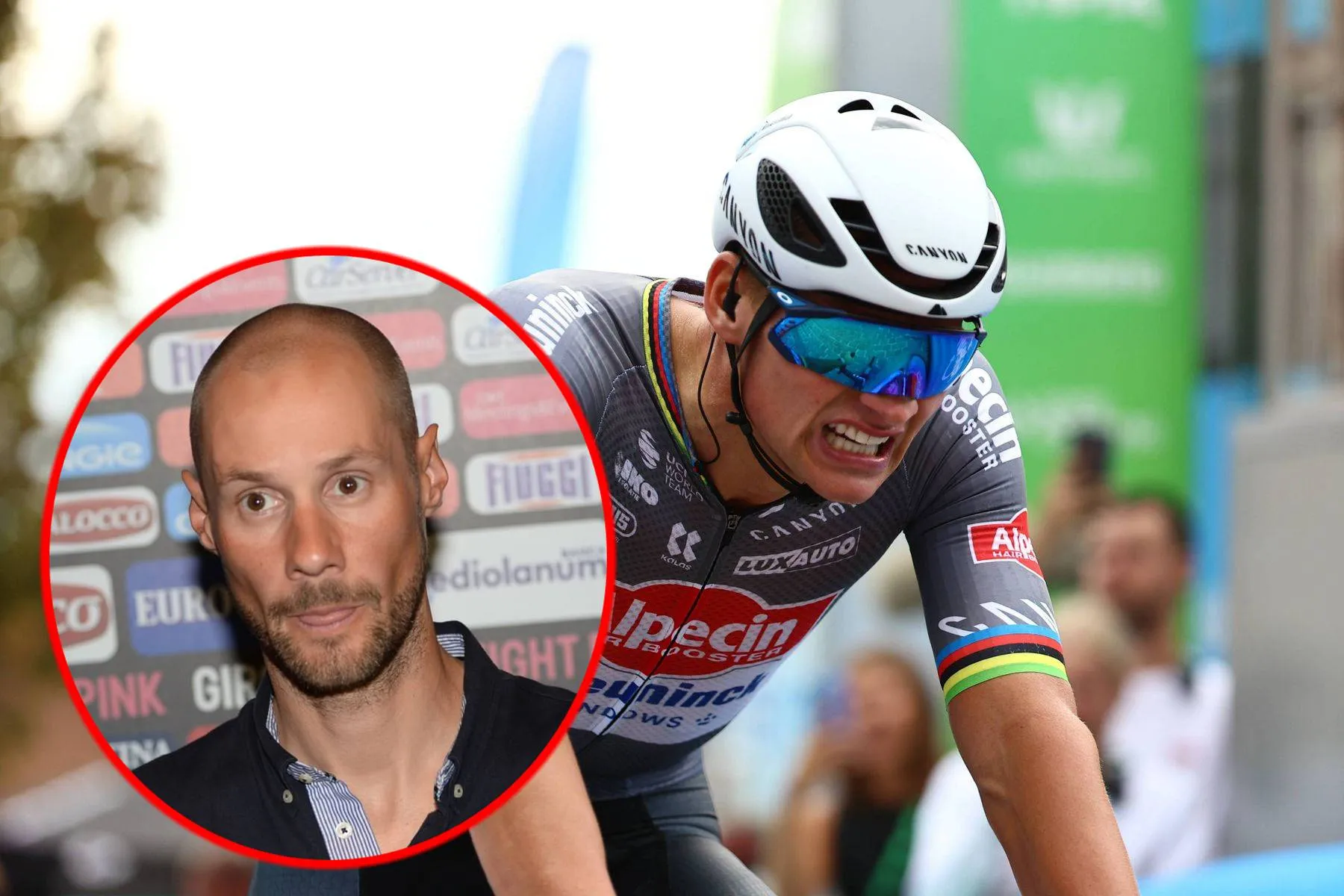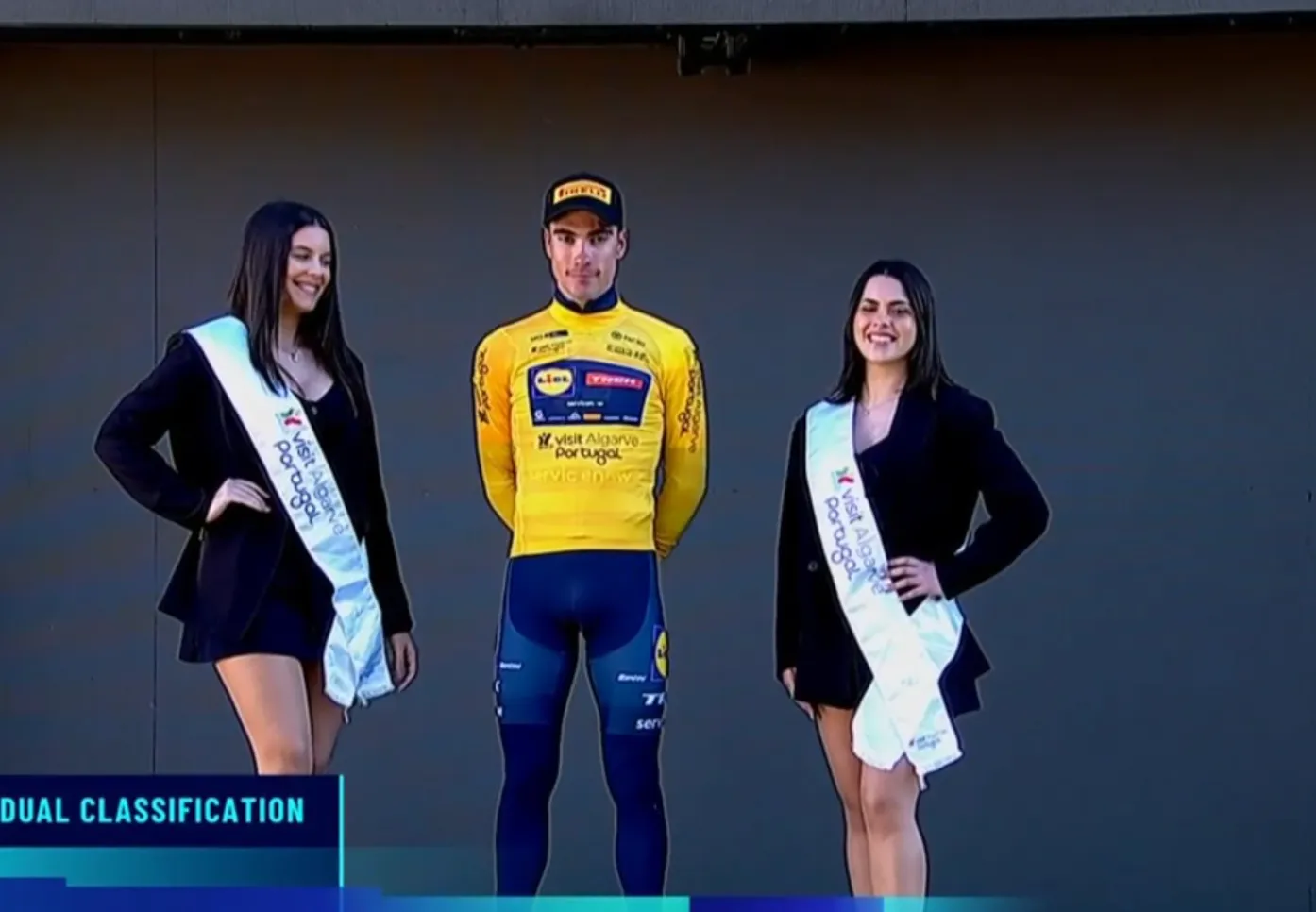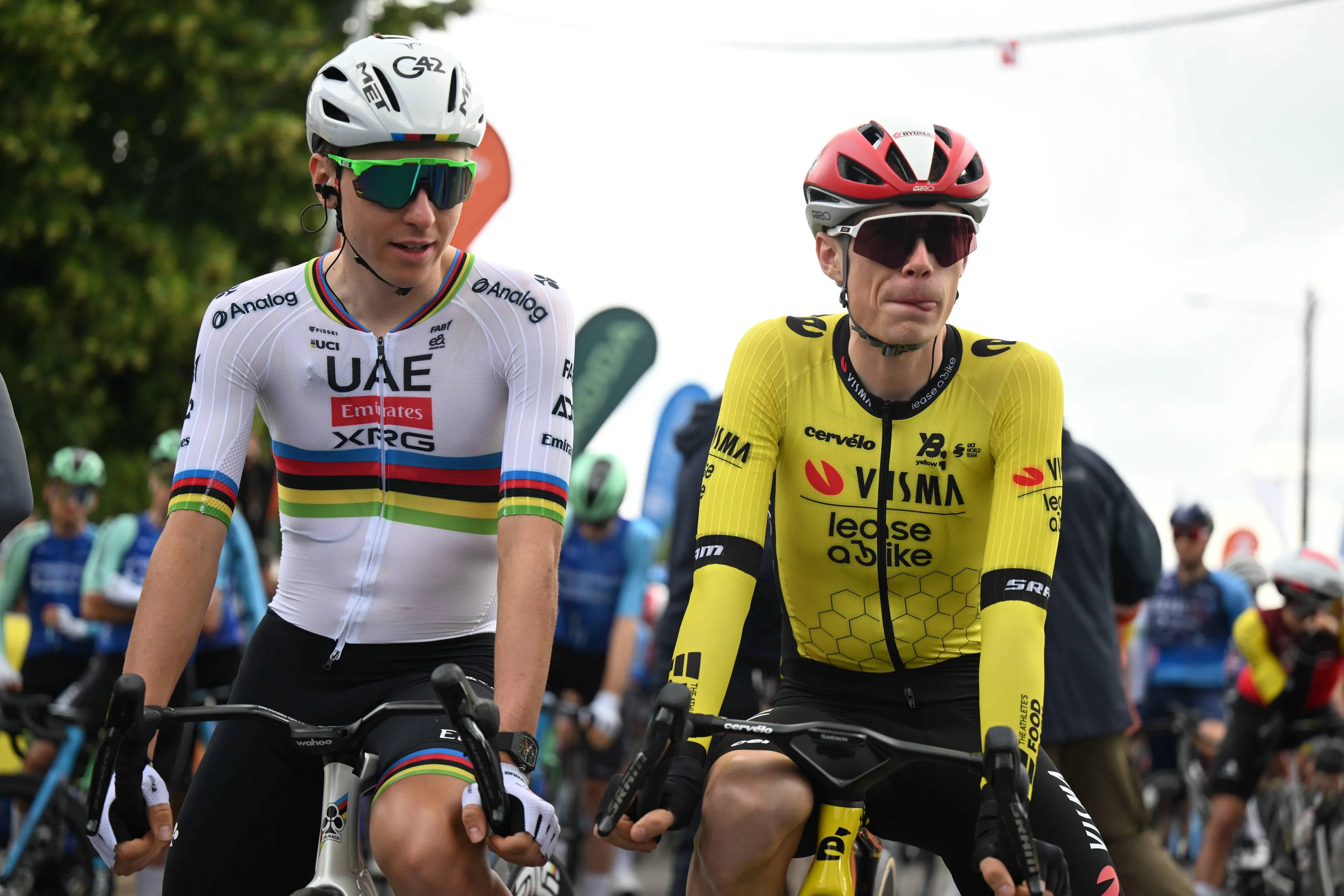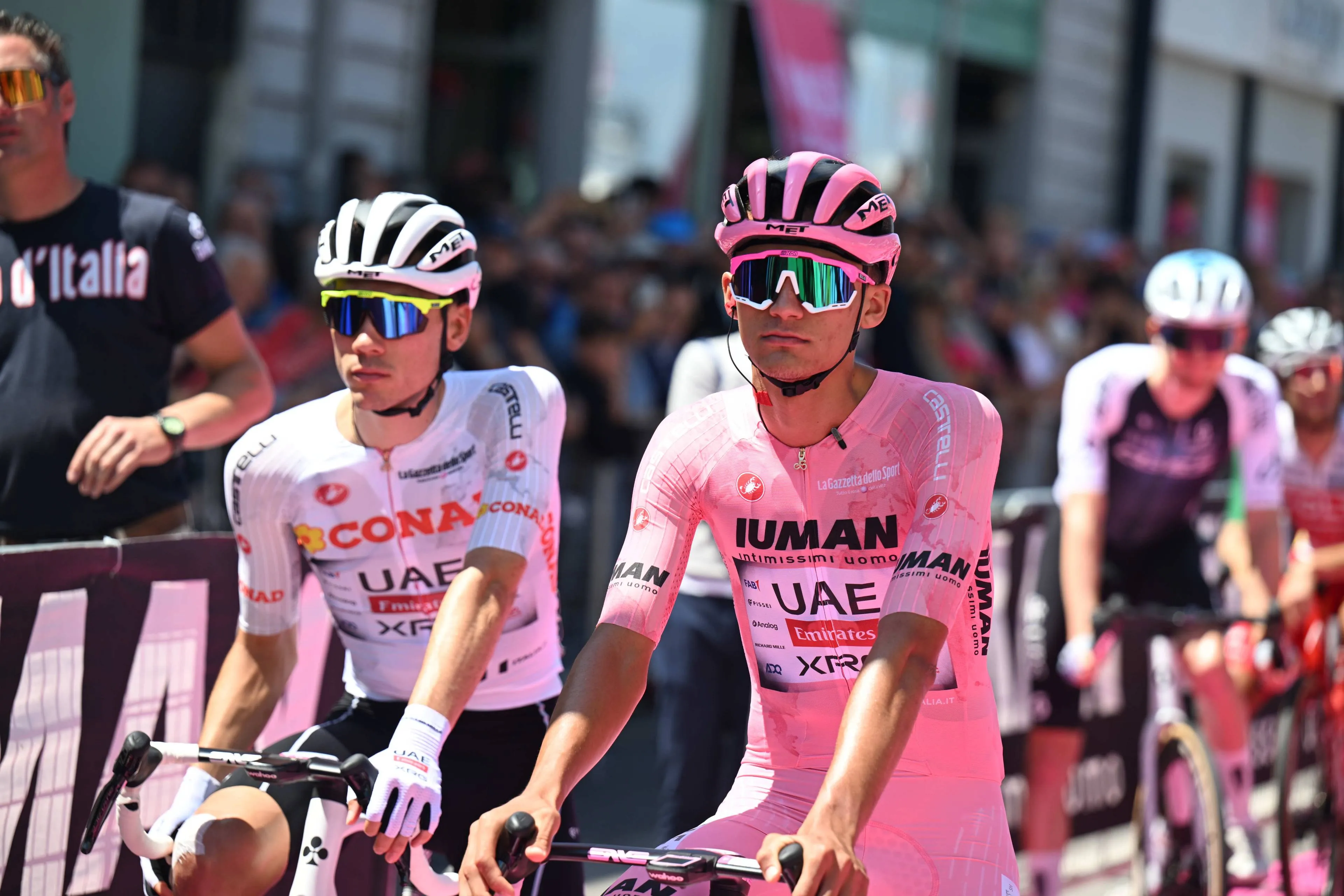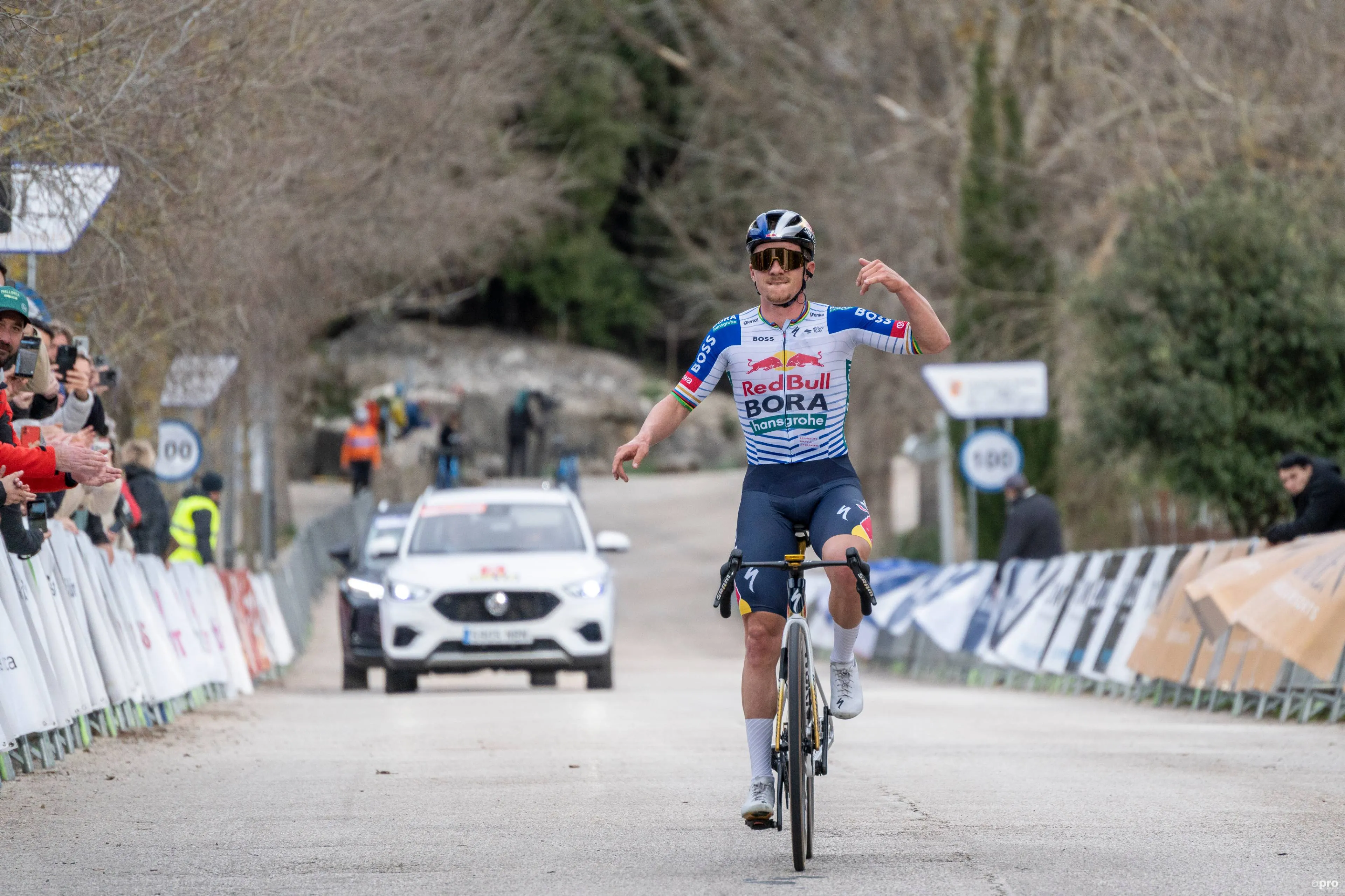Marc Madiot defends budget cap in cycling: "If we don’t cap the budgets, we will remain in a situation where the giant teams can control everything"
CyclingFriday, 14 April 2023 at 17:20
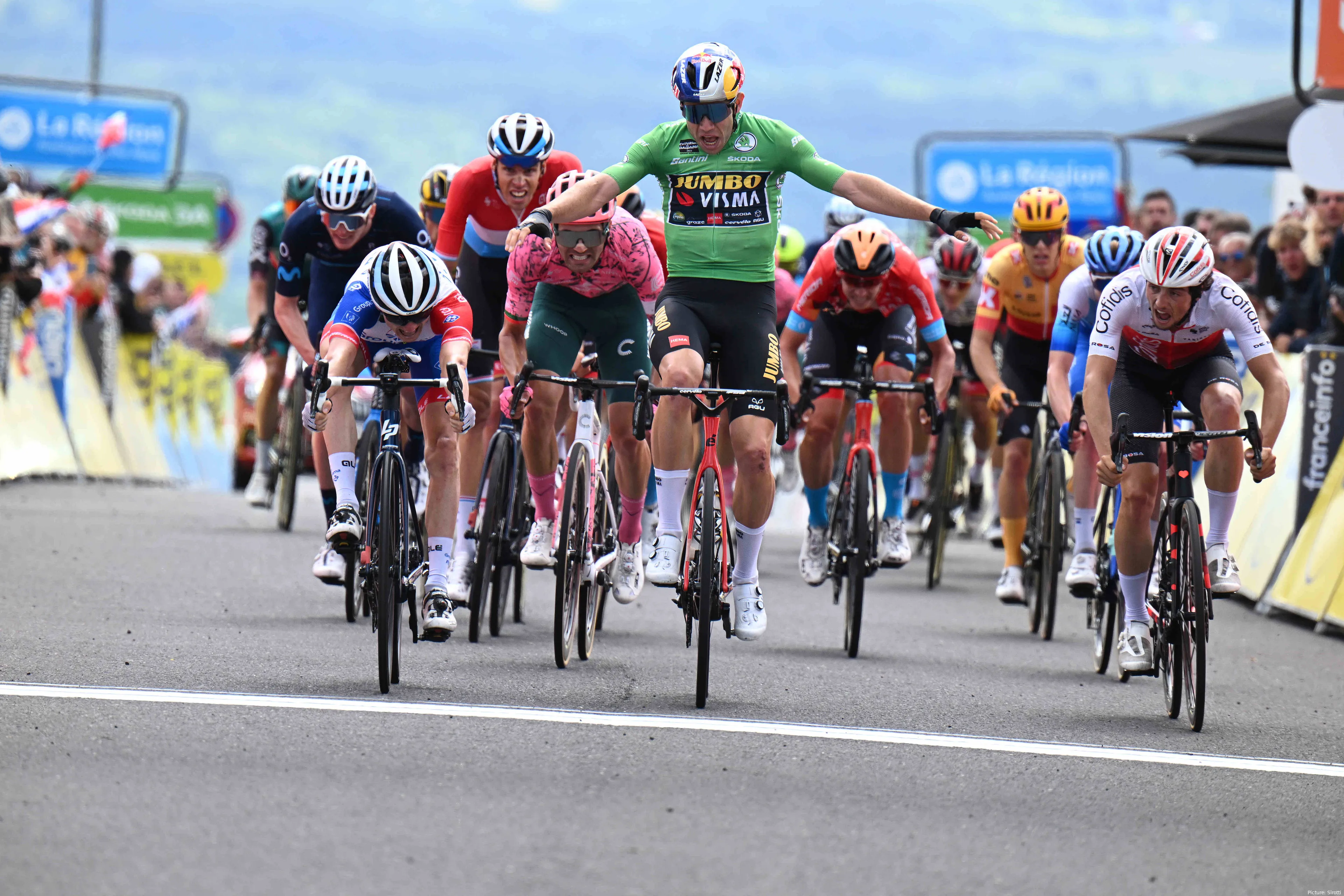
A budget cap in cycling is already being discussed for many years and one of the hardest defenders of it is Groupama-FDJ's manager Marc Madiot. As two teams in specific take control of a big portion of the races this season, Madiot brings the topic back up.
“Look at the budgets and look at the classification. They can have six or seven leaders on each race. We can’t do that. If we don’t cap the budgets, we will remain in a situation where the giant teams can control everything. But it’s very difficult to change things," Marc Madiot told Dernière Heure. It is not the first time the veteran talks of a possible limit on the amount of budget teams can have to sign riders, as the trend grows further over past years.
Read also
INEOS Grenadiers has reportedly a budget of around €50 million for several seasons, whilst UAE Team Emirates draws very near. UAE and Jumbo-Visma particularly have been quite dominant this season, winning most cobbled classics and World Tour stage-races so far this year. With the likes of Tadej Pogacar on one side, Jonas Vingegaard/Primoz Roglic/Wout van Aert in the other (supported by immensely strong teams with plenty depth) the results have been quite telling.
At the end of March, a UCI points update on the season revealed both teams with over 7100 points, whilst third team in the ranking Soudal - Quick-Step had only around 4600 points. The gap is enormous, mostly as both teams manage to have separate blocks with proven winners that cover most of the races in the calendar. Most of the teams in the World Tour however continue with more modest squads which include a few leaders with selective goals. Groupama features David Gaudu and Stefan Küng to that example, both of which have performed strongly throughout the spring.
Read also
“These teams can choose the day, the time and the place where they blow things apart, and they do that. In Groupama-FDJ; we are up there in the stage races and in the Classics. But we haven’t won and we won’t win," he adds, frustrated with the situation. "To have the right to be on the podium of a WorldTour race. I can tell you we’re giving 100 percent of ourselves down to every last detail. When you negotiate with a rider you have to spend a lot more money than our competitors to offer him an equivalent income. I am at a point where I count every Euro.”
Vincent Lavenu, manager of AG2R Citroën Team, agreed with the idea: “Obviously, money brings a certain power, but we see that armadas like Bora or Bahrain do not play in the same court as the others. You have to know how to use a budget, and even our team, which is rather well off, does not meet expectations for the moment."
Read also
claps 1visitors 1
Just in
Popular news
Latest comments
- You never know... that might be the closest he comes
 Rafionain-Glas26-02-2026
Rafionain-Glas26-02-2026 - My guess is that Remco has the physiology to climb really well, and consistently (as shown by his Vuelta win, Tour podium), but it's not something that comes naturally to him, meaning that he has to train really hard. That's why his base level is well below that of Pogačar and Vingegaard, because he can't remain at a top level year round. TTs and hilly classics come naturally to him obviously. For that reason, his disappointing performance in the UAE is not such a bad sign, considering what he's like. If the same happened to Pogačar or Vingegaard it would be way worse. I think he's a bit like Sam Welsford, who would love to stick to criteriums, and to win road races he has to train very hard. Unfortunately he does that for the Tour down under and nothing else.
 Rafionain-Glas26-02-2026
Rafionain-Glas26-02-2026 - come on... 22 y.o.
 maria2024202426-02-2026
maria2024202426-02-2026 - Van aert will come...
 maria2024202426-02-2026
maria2024202426-02-2026 - Not as much as Primoz’ TdF.Mistermaumau26-02-2026
- SO? Can you at least give him a couple of chances before implying he shouldn’t bother?Mistermaumau26-02-2026
- No but he could do a discrete PFP ;-)Mistermaumau26-02-2026
- Del Toro's ’25 Giro 🤔 - that will always stain his career
 leedorney26-02-2026
leedorney26-02-2026 - I cannot define it in a modern perspective and reality incessantly continues to contradict assumed theories like yours and your description of Remco which I’d generally agree with. But then we’ve seen things like Indurain, the guy we shouldn’t name, Bolt and the turnaround from ever thinner tires so all I can say is, I won’t be betting the house on anything. Besides, perception is one thing and we don’t have much on specifics but if « official » figures are anything to go by, he can’t be THAT abnormal, 171 for 63kg compared to Tadej’s 176 for 66 is really not a big difference. And if he were so badly cut out for climbing, his acquired GT results deserve even more respect. I wonder how much he’s actually focused on improving his climbing so far, perhaps not as much as he should to adapt faster?Mistermaumau26-02-2026
- Pogi is calling Mathieu van der Poel, Wout van Aert, Vini, Ayuso and Remco to the Strade Bianche race, the sixth "monument." The first real one day race for the toughest cyclists. But they will not come, they are afraid to destroy their false images like Remco in the UAE Tour. There are certain bike races that manage to transcend the sport and always leave us with the feeling that we have just witnessed greatness. Paris-Roubaix is like that... the Tour of Flanders is like that... and Strade Bianche is like that. Some cycling analysts say Strade Bianche may be even harder than Paris-Roubaix because less cyclists finish Bianche than Roubaix... it's physically more exhausting. In 2025, Strade Bianche saw only 21 finishers out of 180 starters — a 11.7% finish rate... In the 2025 edition of Paris Roubaix, 102 riders finished out of 180 — a 56.7% finish rate !?!? So, who's got the balls? I know for sure it aint Remco or the backstabbing rat Ayuso. I don't know why MVDP isn't coming.Mou-Cro-HR26-02-2026
Loading
Le bidon Elite Fly Team doit son nom à sa légèreté. Mais quel est son poids réel ? @ArnaudDemare , @GrgoireRomain2 et @Rudymolard se sont prêtés au jeu.
2 Comments

